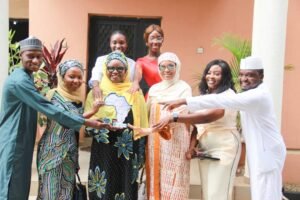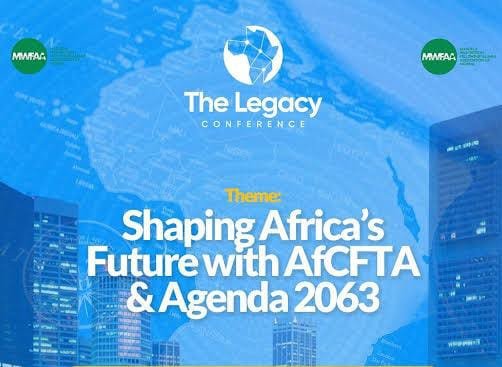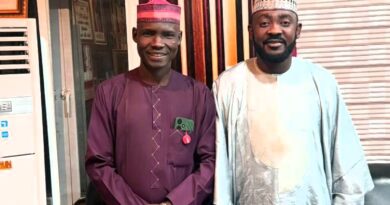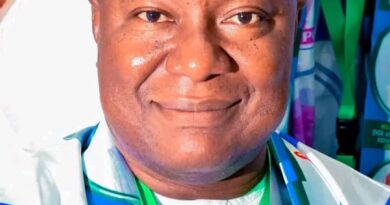Could Mandela Washington Fellowship Conference Chart a New Course for Africa’s Economic Development?
Africa boasts an abundance of resources, with its vast landscapes from north to south and east to west teeming with diverse natural and mineral riches. These treasures have the potential to revolutionise the lives of its citizenry. The continent’s human capital is equally impressive, harbouring 18.3% – approximately 1.5 billion – of the global population, making it the world’s second-most populous continent.
In true, these resources gifted to Africa by nature have not been fully harnessed for the benefit of its people. In some cases, resources in regions have ignited conflicts and even war, leaving people in bemoanable destitution, deprived of basic necessities like food and water, essential for human survival. This is in sharp contrast to supposed envious rapid developments cities should be undergoing for urban and economic renaissance.
This worrisome state of African nations was captured by Ghana’s first president Kwame Nkrumah, an enthusiastic advocate for the continent’s unity and independence when said, “Africa is a paradox” not without rhyme or reason but because, “Her (Africa) earth is rich, yet the products that come from above and below the soil continue to enrich, not Africans predominantly”.
Considering his age long reality, leaders have time and again converged, deliberated and map out strategies for development. Among many of these, Africa Agenda 2063 – a deliberate framework for socioeconomic transformation – adopted by the African Union (AU) in 2015 and African Continental Free Trade Area (AfCFTA) – an economic agreement aimed at creating a single unified market for Africa – remain the most conversed about in the here and now.
For nearly a decade, little progress has been made with these well-thought-out agreements. Recently, the Mandela Washington Fellowship Alumni Association of Nigeria (MWFAAN) announced its intention to host a ‘Pan-African Legacy Conference’ in the Federal Capital Territory (FCT), Abuja.
The conference will commemorate the 10-year anniversary of the Mandela Washington Fellowship, a brainchild of former United States President Barack Obama to enhance U.S.–Africa relations, particularly among young people which has since inception sent over 7,200 young Africans to the U.S. for six weeks of professional development and cultural exchange.
Themed “Shaping Africa’s Future through the AfCFTA and Agenda 2063,” it aims to chart a path for the next 10 years, focusing on economic development in Africa, bring young people closer to decision-makers to bridge the gap between the African Continental Free Trade Area (AfCFTA) and youth entrepreneurs, ensuring access to trade opportunities across Africa and unite the government, nonprofit sector, and business leaders to create a comprehensive framework for sustainable development.
A ruckus has been raised in fullness of time for youth to participate actively in governance for Africa’s development. This conference is a deliberate attempt by young people to engage policymakers and industry experts in solving our age-ling predicament, the challenge of failing to cater for our rapidly growing population.
Could this be a gathering that severs the Gordian knot, freeing Africa from the shackles of stagnation and retrogression, and navigating her towards the horizon of prosperity? Tempus omnia revelabit – the future holds the answer.
As Kwame Nkuruma astutely observed, “It is clear that we must find an African solution to our problems, and that this can only be found in African unity. Divided we are weak; united, Africa could become one of the greatest forces for good in the world.”
If the Mandela Washington Fellowship Alumni Pan-African Legacy Conference will be that point of unity to proffer some solutions and move us towards economic liberation, so be it.






